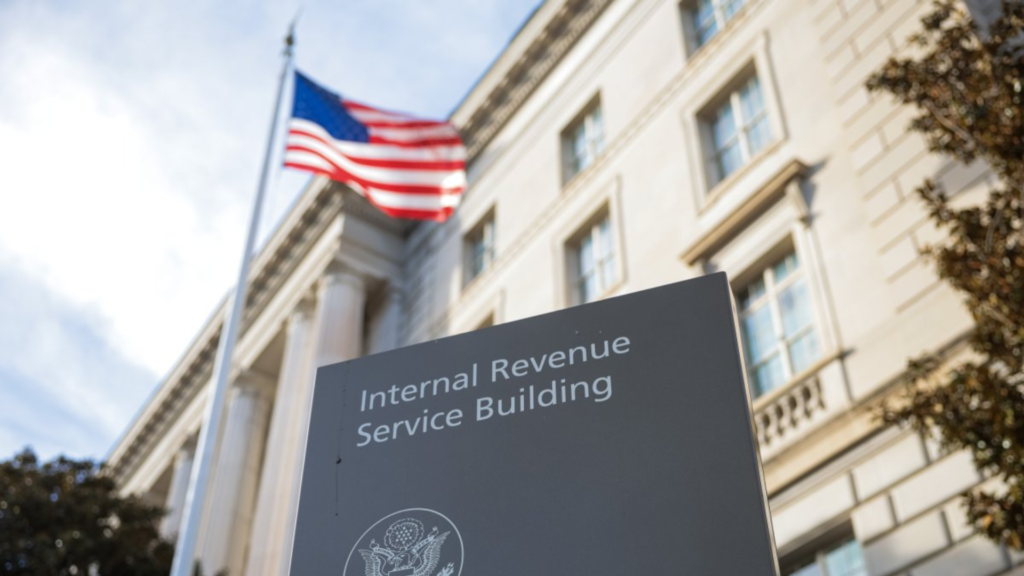
The Internal Revenue Service (IRS) has agreed to share data on illegal immigrants with Immigration and Customs Enforcement (ICE) in support of the Trump administration’s deportation agenda, according to court documents filed late Monday.
Under the agreement, U.S. Immigration and Customs Enforcement (ICE) will provide the IRS with names and addresses of undocumented immigrants who have received final removal orders. This information will be cross-checked against IRS records to assist in immigration-related investigations.
The court filing notes that the agreement operates within legal boundaries. “As laid out in the MOU, DHS can legally request return information relating to individuals under criminal investigation, and the IRS must provide it,” the filing stated. While parts of the document were redacted, the filing confirmed the agreement is being carried out under an executive order issued by President Trump.
According to the MOU, ICE agents will certify that any tax data received “will only be used by officers and employees of ICE solely for the preparation for judicial or administrative proceedings or investigations that may lead to such proceedings.”
A Treasury Department spokesperson confirmed the deal, stating it was grounded in lawful authority. “The IRS and ICE have entered into a memorandum of understanding to create a secure process supporting law enforcement’s efforts to combat illegal immigration,” the spokesperson said. “This process protects the privacy of law-abiding Americans while giving law enforcement the tools they need to pursue criminals.”
The IRS, governed by strict privacy laws under Internal Revenue Code Section 6103, generally keeps taxpayer information confidential.
However, the law provides an exemption for criminal investigations. Under the new agreement, that exemption will be applied to immigrants who have overstayed their visas or defied deportation orders for more than 90 days.
Still, the policy has raised concerns. Former IRS officials warn that using tax data in immigration enforcement could discourage undocumented immigrants from filing tax returns, potentially undermining tax collection efforts.
The IRS has long allowed undocumented immigrants to file taxes using Individual Taxpayer Identification Numbers (ITINs), which has helped bring in billions of dollars.
According to the Bipartisan Policy Center, undocumented workers contributed an estimated $25.7 billion in Social Security taxes through fraudulent or borrowed Social Security numbers.
The court filing is part of an ongoing legal effort to block the MOU’s implementation.
A senior DHS official defended the agreement, saying the government is finally streamlining its efforts. “Information sharing across federal agencies is vital to identify who is in the country, assess potential security threats, and protect taxpayer resources,” the official said. “The Biden administration allowed millions to enter illegally, and now we are working to fix that failure.”

